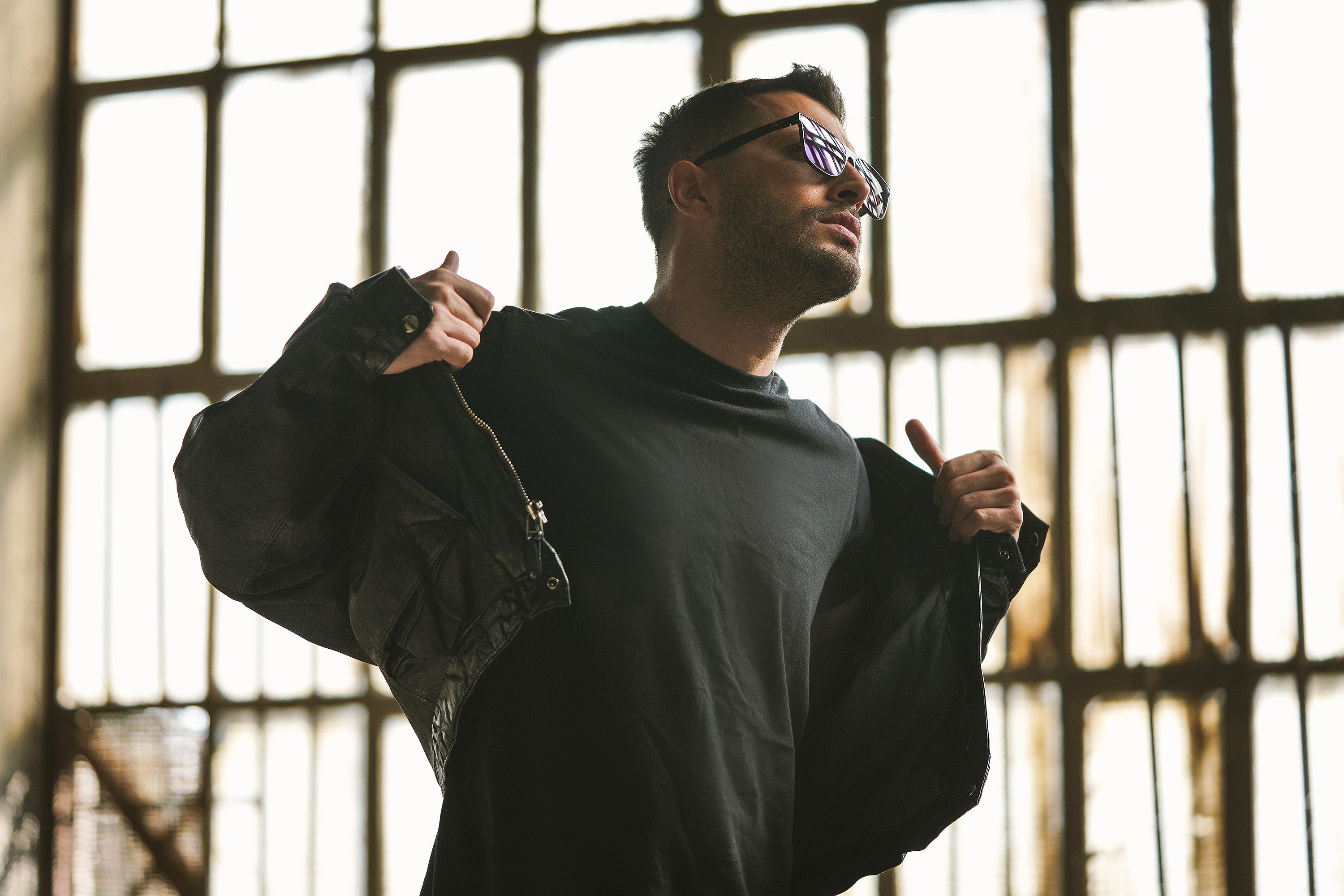When you read about the results of a new study or research project, do you take it as proven and indisputable fact? However, he takes it with a degree of skepticism. Since I am interested in wine, I enjoy reading research on the benefits of wine. But now I realize that not all research is the same; there seem to be ulterior motives for consumer-oriented research. Based on people’s experiences, they are more likely to evaluate or judge research findings in areas in which they have some knowledge. Research findings often find their way into product claims: they will reduce wrinkles, improve joints, etc. The most ubiquitous industry for making claims is personal care/cosmetics. Claims that may be subjective and/or based on superficial studies are the most common.
It’s hard to read an article or watch the results of a study on television without seeing proclamations of some profound study findings; some new, some negative, and some offer hope for a better product. Therefore, the questions that arise are: Should all research and reported findings be taken as fact? Are there biases in the research? Is all research based on a scientific protocol? To add perspective to these questions, we must recognize that each interest group uses hypothetical research/studies/findings/results to advance an agenda or cause. This is true in politics, government, health care, conservation, the environment, agriculture, business: where there is something to be gained, a study with results will be released to justify something.
Obviously, a research project or study has the result of proving or disproving something, whether it is beneficial or not. It is important to note that not all research is scientific.
I don’t want to stress the point that not all research findings are information you want to base your life on or are inherently harmful; sometimes it’s fun to read about the finds for entertainment. Let me give some examples. Many years ago, I decided to get into the business of anti-aging products, I set some product concepts and goals on how these products would help consumers. I started looking at the ingredients that were advertised in stores to achieve some of the goals of each product. I wanted to see the research on these ingredients. That’s when I found out that all the research was done by the companies that sell the ingredient. In short, the research was not indisputable and neither was an independently controlled study. Product benefits, whether vitamins or personal care, have findings that are not strong.
How often have we made a lifestyle change based on lifestyle-oriented research initiated by a group with an unstated agenda? For example, 20 years ago there was a lot of information in the media from medical groups saying that consumers shouldn’t drink more than 2 cups of coffee a day. Doctors now say that coffee is a great antioxidant and that consumers should drink as much coffee as they want, if only because it has health benefits. What changed?
Another quick example, after drinking orange juice every day, doctors are now telling adults to cut back on orange juice because it can cause an increase in diabetes.
Additionally, consumers have been told to change the oil in cars every 3,000 miles. Now, due to improvements in oil additives, some in the conservation community say we should only change our oil every 5,000 miles; all based on the results of the investigation. Whose research, I ask?
So why are most published research findings false? This is a question, submitted and answered by John PA Ioannidis of Stanford University. Here are his explanations.
· Small test field. In contrast, larger test samples are more expensive.
· Relationships within a group that does the research.
· Too much flexibility in the design and definition of tests/investigations/studies.
When there are financial and personal biases involved in sponsoring or directing a study.
If there are too many teams taking individual components of a studio.
· Lack of confirmation of studies.
“Most research findings can be shown to be false,” says Dr. Ioannidis in PLOS, a peer-reviewed journal.
This research/findings discussion has been interesting to me because I write a lot about wine and the enjoyment of wine. I also like the history of wine and what makes wine…well, wine! And yes, there is also a close relationship between wine and its effect on our body. And, lately, there seems to be a lot of information or discoveries about the health benefits of wine; occasionally we also see negative findings. Now for the question that begs for an answer: What, if anything, do we believe about the benefits of wine?
Here are some published claims about wine consumption to think about.
anti-aging
An article on university researchers in Australia and from Harvard University was published on May 3, 2017. They talk about the benefits of an antioxidant compound found in wine that has anti-aging properties. The article claims that researchers have defined a known natural compound in the body that can accelerate DNA repair, which is indeed involved in aging and fighting disease.
The compound known as NAD+ plays a key role in regulating protein-protein interactions that control DNA repair. There have been articles about NAD+ for about 15 years, but the wine connection is recent. But the compound is also essential in the fermentation process of winemaking. Also, as we age, our bodies produce less and less NAD+ and anything that increases that compound is desirable. (NAD+ is also found in resveratrol, an antioxidant).
So can we assume that we should drink more wine? Is this a good example of more is better? Probably not, but this is more of a so-called research to show that the wine is good. Even if this is flawed research, I like it.
brain stimulation
Research by Professor Shepherd believes (not proven, but researched) that the flavours, color and aromas of wine stimulate activity in the brain. This, in turn, also influences the emotional state of wine drinkers.
According to Professor Shepherd, “there is evidence that drinking wine engages the brain more than enjoying music or even solving a challenging mathematical equation.” That’s some good research as far as I’m concerned!
cognitive impairment
According to findings published in Frontiers in Nutrition maybe (maybe? -how’s that for solid research) some of the compounds found in red wine could have a protective effect on the brain? “A team of researchers from the Food Science Research Institute in Madrid, Spain, has studied the process by which red wine compounds have an anti-aging effect on the brain.” Note that this only says that they investigated this phenomenon.
The antioxidants in red wine may be beneficial in delaying the onset of cognitive declines in aging and neurodegenerative diseases such as Parkinson’s and Alzheimer’s, the researchers report.
Once again, resveratrol could help prevent age-related memory loss.
Once again, the quality of the research does not mean a statement of fact.
Reduces arterial stiffness
On May 8, 2017, Jack Woodfield reported new research findings that “compound in red wine could reduce arterial stiffness in type 2 diabetes.” Here is another example of findings going into the public domain that are not based on fact, but the consumer wants to believe the reports are fact.
Stiff arteries make the heart work harder, and stiff arteries are the result of diabetes. The article goes on to report that researchers at Boston University found that resveratrol could reverse the stiffening of arteries. Mind you, this is not a fact, but the researchers are dispensing information that is not related to solid research.
This research also addresses research related to NAD+, where resveratrol (which contains NAD+) “helps delay aging and the development of certain diseases. This effect occurred once resveratrol activated a gene called SIRT1 (which is activated in the body by the compound NAD+). according to Dr. Hamburg, M.D.
The article concludes that more research is needed. Again, do wine drinkers look to “feel good” type results to justify wine consumption?
breast cancer
This is a subject that shows the difference of opinion. I use the word opinion because, as noted above, research is often flawed and heavily influenced by many factors unrelated to science.
As reported in lifescript.com in 2008, Dr. Edward Geehr reports the following. “Lately, you may have heard a lot about the benefits of moderate amounts of wine. It’s true that one glass of wine a day can reduce the risk of heart attack. But that protection doesn’t extend to breast cancer; the risk goes up.” with more than one drink a day.” Am I the only one who wants to understand where one glass a day for women and 2 glasses of wine a day for men is the breaking point for safe drinking?
healthdiaries.com has a slightly different view on wine consumption in relation to breast cancer. Moderate consumption of red wine is believed to reduce the risk of breast cancer. However, drinking more than 1 or 2 alcoholic beverages a day appears to increase the risk of breast cancer in women, so moderation is key.
prostate cancer
For men, HealthDiaries.com reports that four or more glasses of red wine a week have been shown to reduce the overall risk of prostate cancer by 50% and the risk of the most aggressive forms of prostate cancer by 60%. %. Again, no source for such research is provided, but we are willing to accept it because we see it in print.
The consumer is left to extrapolate how to react to the “reported findings.”
The value of drinking wine is in the eye of the beholder. ask yourself:
· Is there pleasure in consuming wine?
· Have I explored the risks?
What are the benefits and how honest and fact based are the reported benefits?
· What is excess consumption for me?
Most of the research done on wine and wine-related compounds that relate to health benefits was done by Dr. Jack Masquelier in France. He conducted research on the antioxidants in grapes and grape seeds. Most of his work has been based on the impact of antioxidants in wine over 60 years of research, peer review, and replicated research. He conducted this research in the 1940s and died in 2009. The two main benefits of wine and wine-related products that his research has scientifically proven are improved heart and vascular health. Along with the now famous “red wine” Professor Renaud, Masquelier provided great scientific contributions to the understanding of the health benefits of red wine.
I wanted to present a summary of the benefits of wine. In this world of “fake news” there are also “fake investigations/findings”, it is best to employ a degree of skepticism.
My advice is that wine is not a medicine or at best it “could” be a health food. Health!




